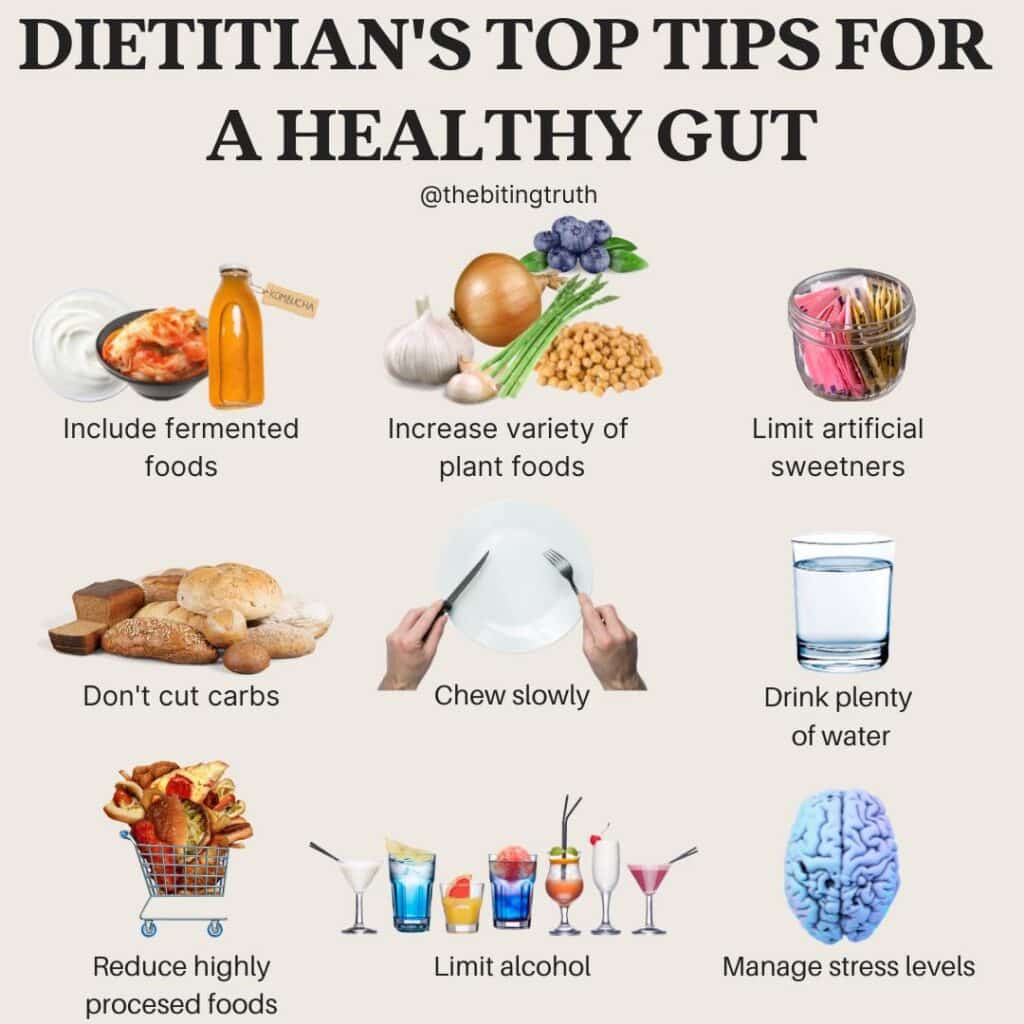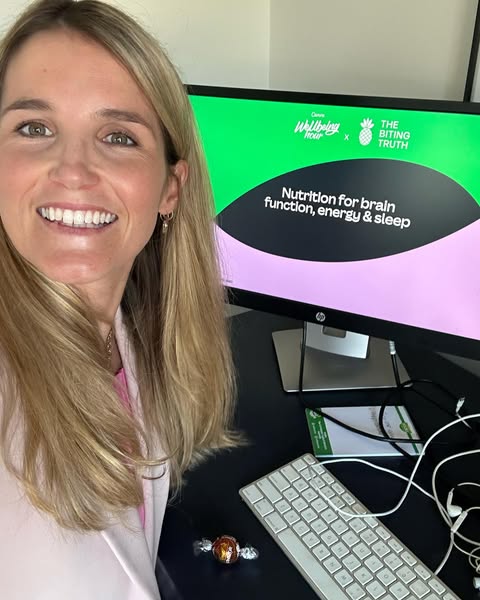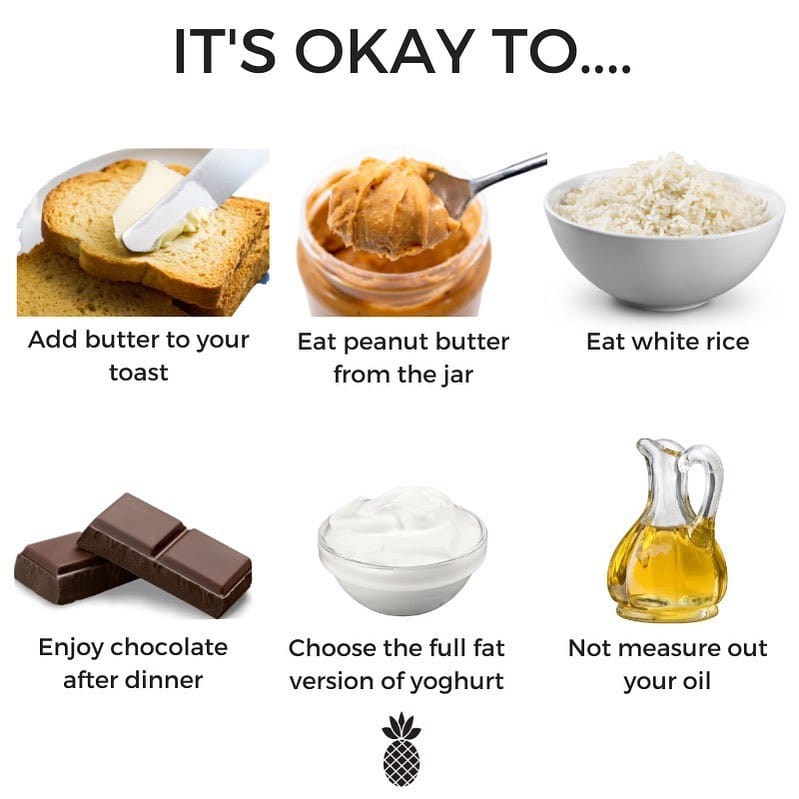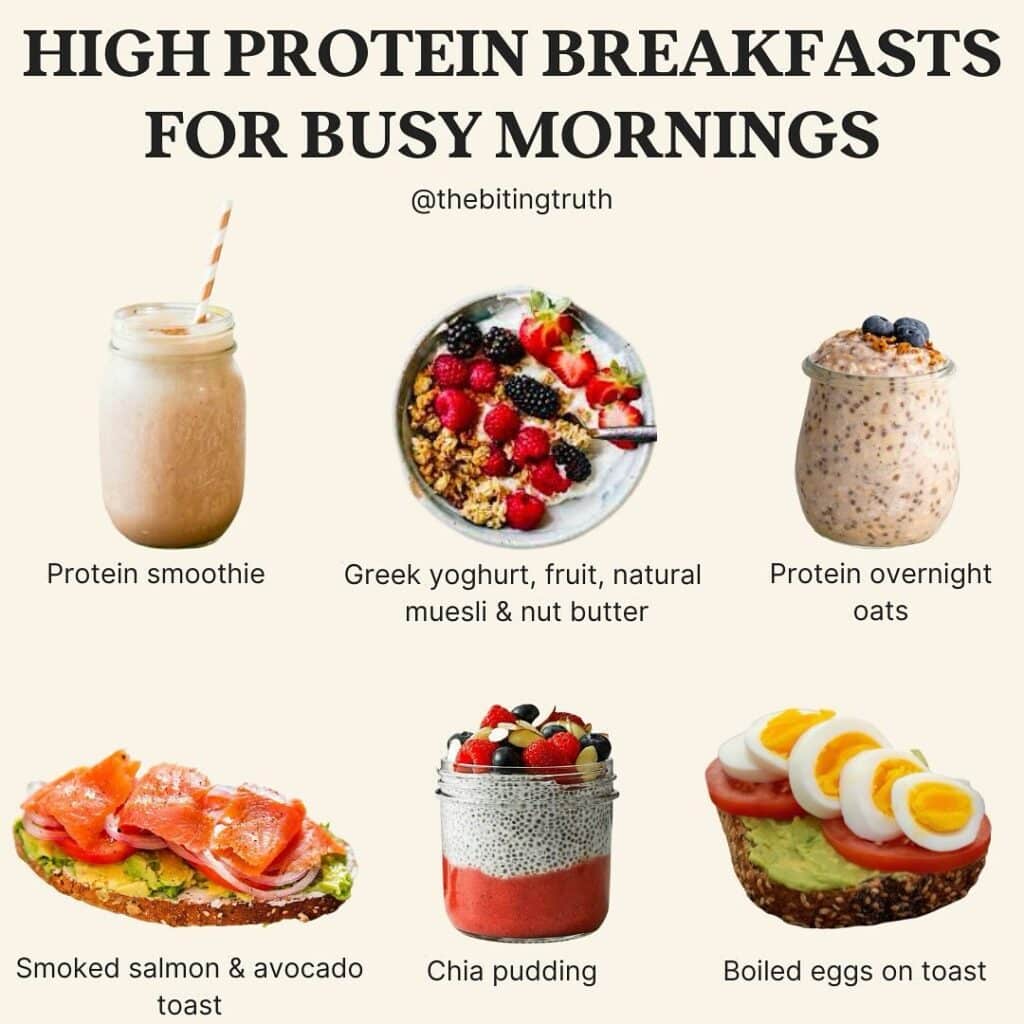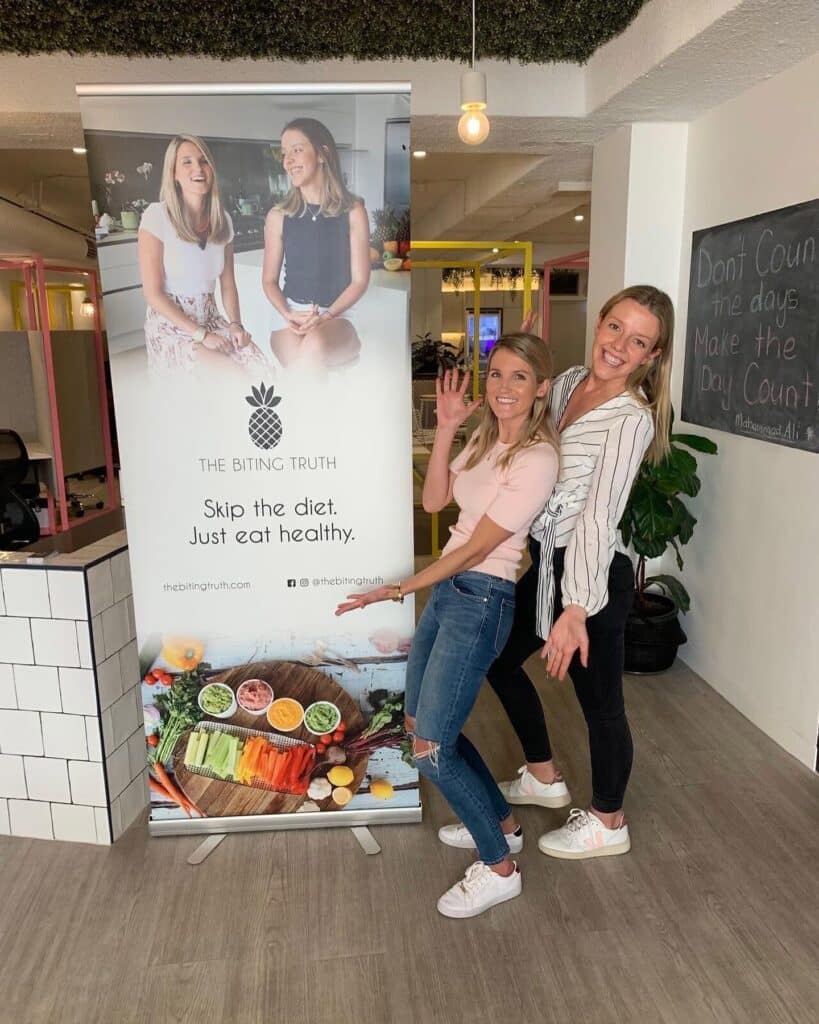Free shipping for orders over $80
Free shipping for orders over $80
This article is a MUST READ for anyone who thinks they would like to have children sometime in the near future.
When you’re trying to fall pregnant, there are many factors that influence your fertility that are completely outside of your control – such as genetics and age. However, there are also some that you can control – such as diet, stress and exercise which can have a positive impact on your fertility and overall health. In fact eating as though you’re already pregnant can actually help prime your body for conception?
Infertility is defined as the inability to conceive a pregnancy after 12 months of trying. It affects about 1 in 6 Australian couples of reproductive ages.
There are a range of factors that can cause infertility – involving male, female or a combination of factors. In 40% of couples, the cause of infertility is attributed to a sperm-related factor, in another 40% the cause is found within the female reproductive system, and one third will have a combination of male and female factors.
Folate is a B group vitamin needed for healthy growth and development. This vitamin is known as folate when it is found naturally in food (such as green leafy vegetables) and as folic acid when it is added to food (such as fortified bread and breakfast cereals) or used in dietary supplements. If you are planning a pregnancy, folate is essential to reduce the baby’s risk of neural tube defects (brain and spinal cord abnormalities).
The best way to guarantee you get enough folate during this time, is to take a daily folic acid supplement for at least one month before and three months after conception. You won’t need to take folic acid supplements beyond that three-month post-conception period. This should be in addition to eating foods that are naturally rich in folate and foods that have been fortified with folic acid.
Foods high in folate:
Vitamin B12 is needed for blood cell, nerve and brain development of the baby, however pregnancy and breastfeeding can rapidly deplete mum’s body stores and therefore reduce the B12 available to the baby. Vitamin B12 is naturally present only in foods of animal origin, therefore vegans or vegetarians may be at risk of vitamin B12 deficiency. Certain brands of soy milk and meat substitutes have added B12, but the amount may not be enough if few other sources of B12 are eaten. Women at risk should have their levels checked and if low, may need to take a supplement.
Please note that daily vitamin B12 recommendations are higher for pregnant or breastfeeding mothers.
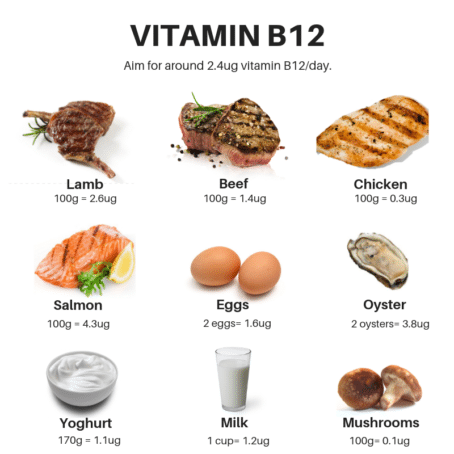
Healthy fats, especially omega 3s, are important for a number of reasons, however, in the case of fertility, they help regulate your reproductive hormones and increase blood flow to reproductive organs. Salmon is an especially good source of omega-3s. If you don’t eat fish, flaxseed oil, walnuts and supplements also contain omega-3s. Opt for healthy unsaturated fats such as:
Try and include a diverse range of proteins in your diet, including both plant-based and animal sources. It’s a good idea to focus on replacing some animal-based sources of protein with more plant-based sources such as:
Wholegrain carbohydrates (quinoa, oats, brown rice, farro, barley etc.) are digested more slowly than refined carbohydrates (cakes, pizza, pastries, chips etc.), which means they have a more gradual effect on insulin levels. This is important because when insulin rises too high (such as when consuming refined carbohydrate foods) it disrupts the finely tuned balance of hormones needed for reproduction. There’s also research to show that wholegrains, like oats or brown rice, may help embryo implantation.
Research shows that consuming one to two servings of full-fat dairy foods each day decreases the risk of infertility in women, while low-fat dairy products can actually increase the risk. Full-fat dairy products have calcium and vitamin D, nutrients that are great for both bones and reproductive health. However, your body needs fat to fully absorb calcium in milk, so it’s important to opt for full-fat dairy rather than low-fat or no-fat. Try including:
Receiving an inadequate supply of nutrients as a female can cause amenorrhea (aka no period). When you excessively restrict your food intake (particularly for long periods of time) you place your body under high levels of stress and this can impact your hormones, immune system and long-term health. Instead, focus on consuming foods that will nourish your body, protect your health and help you feel good.
In addition to regular exercise and other healthy-living behaviors, eating certain foods can improve your chances of getting pregnant. Remember that semen quality improves with healthy diets, so it is important your partner to be packing their diets with the above nutrients as well.
—
Notes
